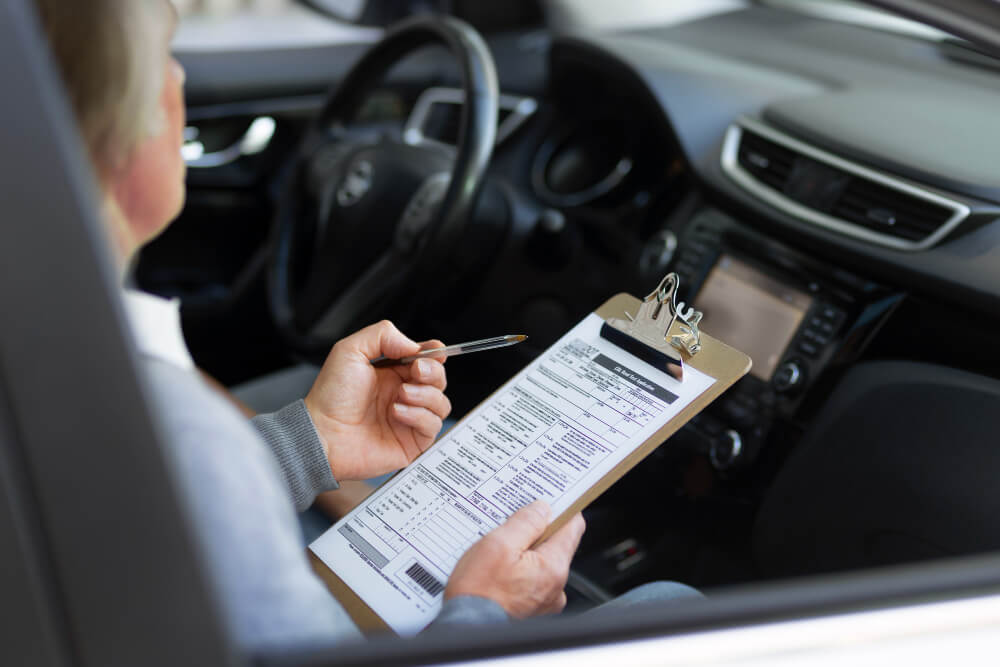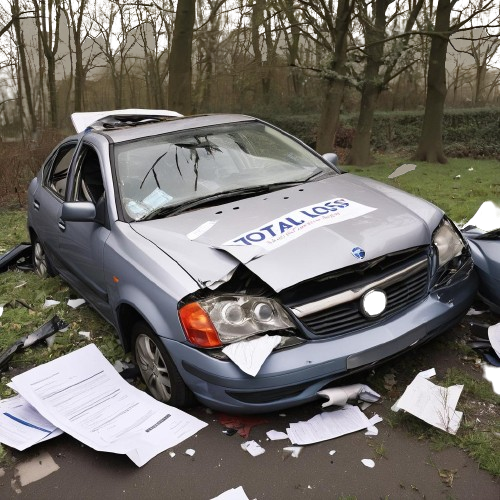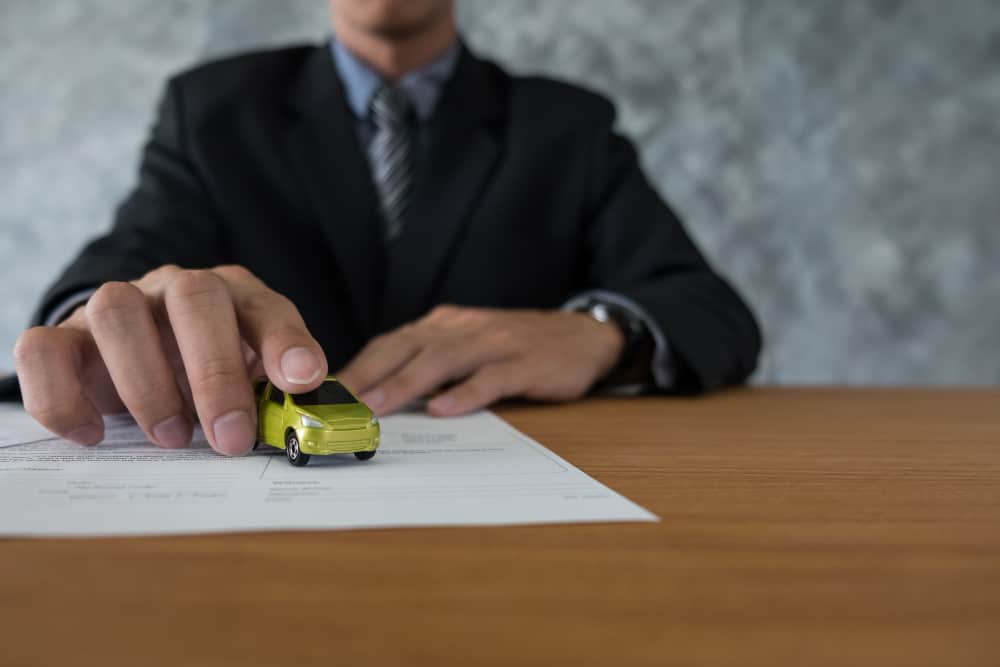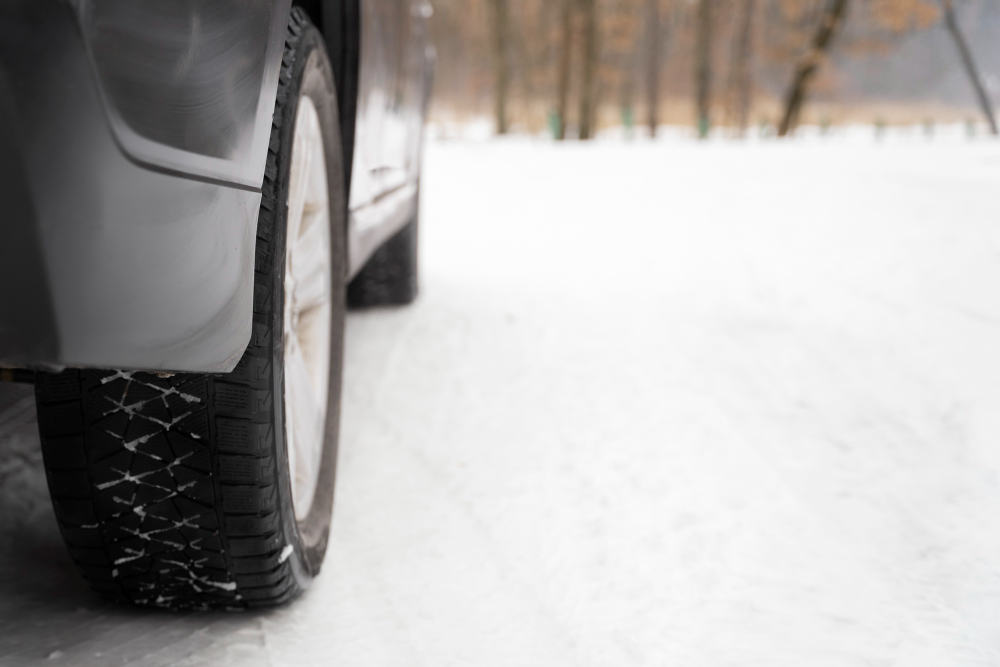A car title is different from your car registration; it’s like the official record keeper of your car’s life story – who owned it, any major events it’s been through, you name it. Basically, it’s your way to prove that you’re the boss of that vehicle.
But what does a clean title mean exactly?
We’ve been knee-deep in the world of titles, and let us tell you, the term “clean title” can sometimes be as clear as mud. It’s a term thrown around a lot, especially by sellers trying to sweet-talk buyers into thinking their car is the cream of the crop which is not always the case. But what does it really mean?
Here’s everything you need to know.
What does a Clean Title Mean Exactly?
It’s crucial to understand that a clean title doesn’t guarantee a vehicle free from previous damages, accidents, or issues. Essentially, a clean title indicates the absence of permanent title brands, liens against the vehicle, or any uncertainties regarding its ownership.
A clean title provides assurance that the vehicle hasn’t been declared a ‘total loss’ by an insurance company. A vehicle is typically classified as a ‘total loss’ when the cost of repairing it exceeds the estimated value of the vehicle.
In such scenarios, the vehicle receives a branded title, specifically a salvage title. Alternatively, if someone chooses to restore the vehicle to a roadworthy condition, it may be issued a rebuilt title after undergoing necessary repairs.
What does a Clean Title Ensure?
Determining the state of a title is often as simple as giving it a quick read-through.
Here’s what a clean title guarantees:
- First off, it means your vehicle hasn’t been slapped with any title brands. These brands, like “flood,” “salvaged,” or “rebuilt,” are typically reserved for cars that have faced significant issues like flooding or being declared totaled by an insurance company.
- A clean title confirms that the car is indeed legally owned by you, the seller, and there shouldn’t be any hurdles in transferring the title, or that you’ve been granted power of attorney to handle the sale on behalf of the owner.
- It also confirms that there are no outstanding liens on the title, or if there were any, they have been duly settled and marked as cleared, typically with a stamp and signature from the bank.
- Additionally, a clean title can also suggest that the vehicle has never been part of a fleet. However, there might be exceptions to this, especially in states where titles don’t necessarily distinguish fleet vehicles from others.
What a Clean Title Might be Sneaking?
There are three significant ways in which a clean title can be misleading:
- Clean Title doesn’t always equate to a Clean History:
Just because a car has a clean title doesn’t guarantee it’s accident-free or mechanically sound. Not all accidents result in the car being declared a total loss by insurance companies. So, even if a car has been wrecked, as long as it’s not deemed beyond repair relative to its value and is fixed instead of being salvaged, it can maintain a clean title.
In fact,a car with a clean title may have undergone significant repairs akin to “reconstructive surgery” if it wasn’t written off by the insurance company. This is particularly true for newer cars with higher estimated values.
- Rebuilt without the Rebuilt Brand:
In cases where a vehicle has been involved in an accident and repaired without the involvement of the insurance company, there won’t be any impact on the title.
Owners sometimes choose to address repairs independently or through under-the-table cash payments to avoid insurance claims that could raise their premiums. These undocumented repairs remain unreported, thus not reflecting on the vehicle history report or the car title status.
So, a clean title can mask poorly executed repairs, potentially compromising the vehicle’s safety.
- Title Washing:
A major query which buyers have is, can a rebuilt title be turned into a clean title? Well, it’s obviously not legally possible, but loopholes do exist. So, there are chances where you might be looking at a clean title but the actual history of the vehicle includes a title brand. This is called title washing and it’s an illegal practice.
Before we go deeper into tile washing, let’s clear the chaos around salvage and rebuilt titles.
What is a Salvage Title?
When a vehicle sustains significant damage that renders it unsafe to repair, or if the repair costs are too high relative to the vehicle’s estimated value, the insurance company declares it a total loss. You might have heard it as a “totaled” vehicle. At this point, the vehicle receives a salvage title.
In some regions, a salvage title might hint at the car’s involvement in a flood or indicate it was stolen and later recovered.
The specific ratio of damage to value that determines when a car is deemed salvage varies among states but typically falls between 50 to 100 percent. This point is called the total loss threshold. If the damage exceeds this threshold, the state labels the car salvage and issues a salvage title.
For example, if a state sets the threshold at 100 percent, it means that a vehicle valued at $30,000 would be considered a total loss if the repair costs reach $30,000 or more.
Salvage vs Rebuilt Title: What’s the Difference?
A salvage title indicates that a vehicle has suffered substantial damage and has not yet been repaired, making it unsafe and legally unfit for driving.v
However, once the necessary repairs are made to bring the vehicle up to safety and legal standards, it can be issued a rebuilt title. The exact inspection requirements may vary from state to state.
Also Read: Document Checklist for Selling Your Car
Title Washing
Title Washing, a federal crime, affects nearly 1 in every 325 used cars, according to IHS Automotive Research & Analysis, making it more prevalent than car theft.
Here’s everything you need to know about title washing –
What exactly is Title Washing?
Title Washing, as its name implies, is an illegal practice done with the goal of eliminating adverse information from a car title through unlawful means. This negative information could encompass liens or, more commonly, brandings such as salvage or rebuilt titles, water damage, or odometer rollbacks.
The reason why title washing is done is pretty simple – artificially inflate the value of the car.
This means that you could end up paying the “clean title value” for a car that, in reality, might be an unsafe, low-value rebuilt vehicle being sold to you.
What are the Methods of Title Washing?
You might be scratching your head, thinking how can someone wash a car title’s real information, but scammers have indeed found ways to exploit loopholes. Here are some common methods used to clear a title brand, such as a salvage title:
- Moving States
The lack of a federal standard for used car branding results in variations among states’ regulations for title branding. This disparity is exploited by fraudsters or dishonest owners.
At its core, title washing occurs when a vehicle owner relocates a car that should rightfully have a salvage title from one state to another where such branding isn’t acknowledged, enabling them to obtain a clean title.
- Non-disclosure of Vehicle History
When seeking a new title, both vehicle owners and insurance companies are mandated by law to disclose the vehicle’s history. Nonetheless, if the owner neglects to furnish this information and the insurer remains unaware, dishonest sellers can exploit this loophole to evade regulations and secure a clean title.
- Forging the Original Title
In some instances of title-washing schemes, sellers may tamper with the original title document to remove any evidence of branding.
The Widespread Title Washing Scam
An infamous instance of title washing occurred in the aftermath of Hurricane Katrina in 2005. Over 200,000 vehicles were stamped with flood or storm damage titles due to the disaster.
However, a significant portion of these vehicles found their way to other states for re-titling. Shockingly, around 45% of these vehicles shed their storm-related brands and obtained clean titles, as revealed by a study conducted by Experian Automotive.
How to Watch Out for Title Washing?
The process of “washing” titles allows fraudsters to erase negative brands like “salvaged,” “rebuilt,” or “flood”. As a buyer, failing to exercise caution might lead you into buying a total loss vehicle with a fake clean title sneaking potential underlying damages. In the worst-case scenario, the vehicle could break down shortly after purchase, leaving you with a worthless vehicle and a drained wallet.
Here are some steps to safeguard against falling victim to this scam:
- Obtain a Vehicle History Report
Investing in a vehicle history report from services like AutoCheck or CARFAX can be invaluable. These reports provide information about the vehicle’s past, including accidents, title brands, and more. Since the history is linked to the vehicle’s VIN number, it remains unchanged even if someone attempts to forge a new title.
However, it’s important to note that while a history report is valuable, it shouldn’t be the sole determinant in your decision-making process. And this is where the important second step comes in.
- Schedule a Pre-Purchase Inspection
Every time you are looking to buy a used car, a pre-purchase inspection should be non-negotiable. Though it may cost between $100 and $200 to hire a mechanic to perform a pre-purchase inspection, it can uncover major issues that might influence your buying decision.
- Contact your insurance company
In certain instances, insurance companies may retain extra records pertaining to a vehicle, offering you additional insights. While it’s not necessary to do this for every used car transaction, it’s worth considering if there are other red flags regarding the title’s authenticity.
- Know About States with Lenient Salvage Title Laws
Familiarize yourself with states that have more lenient laws regarding salvage titles. This knowledge can help you identify potential title issues when dealing with vehicles from these states.
Choose a Certified Used Car Dealer
Initiating your search at an authorized dealer rather than a private seller or random dealership resolves half of your apprehensions.
For added assurance, selecting a Certified Pre-Owned (CPO) vehicle is prudent. CPO vehicles are exclusively offered at certified dealerships like Schumacher Used.
While a CPO certification may come with a slight premium, the benefits are substantial. All CPO vehicles at Schumacher Used undergo a rigorous 172-point inspection and come with a comprehensive vehicle history report.
Only the top-tier vehicles are then reconditioned and offered for sale as Certified Pre-Owned, ensuring you’re getting a vehicle in excellent condition, not just one with a clean title. Plus, the warranty provided ensures any issues that arise during the warranty period are addressed and rectified by us.
We are available at five convenient locations in New Jersey and have over 300 Years of combined sales experience!
Consider Schumacher Chevrolet Auto Group’s Certified Pre-Owned vehicles for a reliable and worry-free purchase experience.
Confused about a CPO vehicle? Check out this detailed guide: Certified Pre-Owned vs Regular Used Cars: What is Worth Your Money?
What to do if You Suspect Your Title is Incorrect
If you’ve purchased a vehicle with a clean title only to discover it’s incorrect, take action by contacting relevant agencies for assistance. At the state level, reach out to your attorney general or Department of Consumer Affairs to learn how to build a case and seek compensation from the seller.
Keep in mind that while some states offer consumer protection laws that aid in recovering funds from dealerships, individual sellers may not fall under the same regulations.
Also Read: Does Lemon Law Apply to Used Cars?
The Bottom Line
Avoid falling victim to title-washing scams by not relying solely on a car’s title for making purchasing decisions.
Conduct thorough due diligence, which includes reviewing the vehicle history report and arranging for a pre-purchase inspection. Ideally, consider purchasing a used car from a trusted source such as someone you know or a certified used car dealer. After all, you wouldn’t want to risk your hard-earned money.
Remember, you always have the option to walk away from a deal, even if it’s your dream car. No matter how convincing the seller’s narrative may be, if the facts don’t align or doubts arise, stepping back is the wisest choice. Rebuilt cars, for instance, can pose safety and reliability concerns both now and in the future, presenting genuine risks.
You can consider reading our detailed guide on what to look for when buying a used car!
At Schumacher Used, we offer a wide selection of reliable used cars backed by nearly a century of service to New Jersey residents. Our commitment to excellence has earned us numerous awards, ensuring that you can shop with confidence. Check out our used car inventory now!
FAQs
A clean title does not guarantee a vehicle’s accident-free history or its mechanical condition. It simply signifies that the vehicle has never been declared a total loss. Therefore, a pre-purchase inspection is essential to ensure you’re making an informed decision.
Yes, vehicles with clean titles typically command higher prices compared to those with rebuilt titles. This is because fewer buyers are willing to take a risk on a rebuilt vehicle.
Having a lien on a title doesn’t necessarily indicate a problem. It means there’s an additional step in the buying process to ensure liens are cleared before transfer.
Typically, a blue title indicates a salvage title, based on the color of the paper. However, in states like Texas, a blue title may signify a vehicle in good condition. As color codes can vary by state, it’s advisable to refer to your local DMV website for clarification. You can find your state’s DMV website through this resource.






